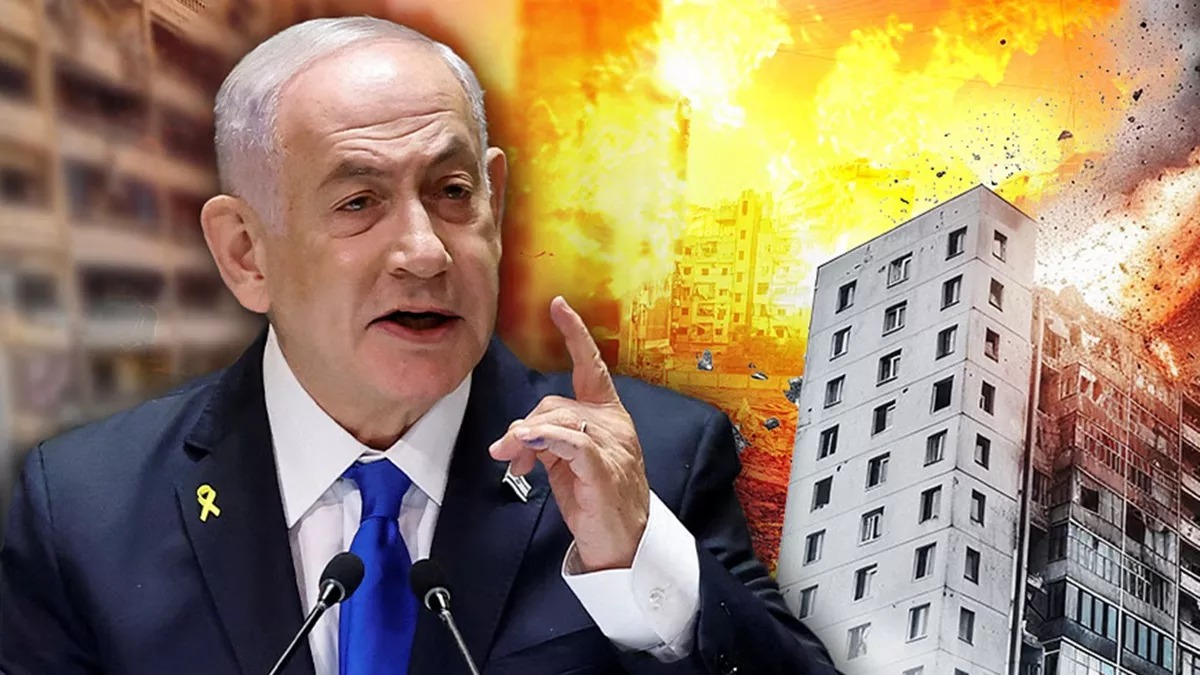
Israeli Prime Minister Benjamin Netanyahu is set to initiate discussions on the second phase of the ceasefire agreement, signaling a potential step toward de-escalation in the ongoing conflict. This development comes as the Israeli army has withdrawn troops from Lebanon, a move seen as part of efforts to stabilize the region.
Reports indicate that negotiations will focus on securing a more lasting ceasefire while addressing key security concerns. The first phase of the agreement helped reduce hostilities, but both sides remain cautious about long-term peace prospects. Netanyahu's government is expected to engage in talks with international mediators and regional stakeholders to outline the next steps.
The Israeli military’s return from Lebanon follows weeks of heightened tensions, with cross-border clashes escalating concerns of a broader conflict. Officials have stated that the withdrawal is a strategic decision aligned with diplomatic efforts to prevent further escalation.
As discussions for the second phase begin, the global community is closely watching how negotiations unfold. While there is hope for a more stable ceasefire, challenges remain, including addressing security demands and ensuring that both sides adhere to the terms of any new agreement.
--Advertisement--

 Share
Share



